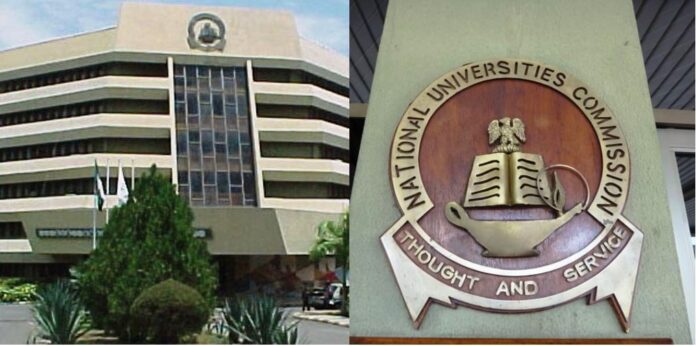Post graduate education in Nigeria has witnessed an upsurge in recent times. The sporadic yearning for a Master’s degree by the teeming graduates and youths alike informed this article. One is coerced to investigate the underlying reasons and perhaps, the compulsive need for a post graduate degree after a first degree.
A few hypotheses come in mind in this regard, leading to the following tentative assumptions:
Employers demand more knowledge and the labor market have been made competitive, therefore the need for further studies.
Graduates are unemployed after first degree, therefore the need for further studies as an escape route to staying idle.
Master’s degree students are prospective academicians and researchers, seeking careers in the academic field.
People who are post graduate students for pride of having the degree, because others have the degree or out of parental pressure to have one.
Those who don’t even know why they are in for a Master’s degree.
A quick run through the assumptions made above calls for serious assessment and evaluation of post graduate studies in Nigeria. These assumptions were not made from a biased point of view, but rather drawn from series of discussions and observation of post graduate studies in major Nigerian universities.
We have seen master’s students who barely have a fair knowledge of research methods and mechanics. We have observed students who cannot write research articles, review a journal chapter or book. We have seen master’s students who possibly cannot make power point presentations, having no basic knowledge of the computer. We have admitted students who lack basic and introductory knowledge/ understanding of their course of study, thereby begging the question, why master what you don’t know? This therefore informs reason post graduate lecturers are coerced to go back to introductory aspects of the course to aid the students learning.
Majority of post graduate students struggle with their dissertation. We have seen masters’ project with little or no thorough research. We have seen masters projects with as little as 50-100 pages. Does that show mastery of a discipline and course?
What then is the way forward? There is a need to reevaluate post graduate admission in Nigerian universities. Apart from the Test of Proficiency in English Language, there is a need for faculties and departments to conduct interviews, department based examinations, assessment of under graduate projects and results before admission.
More so, the need for professional masters to take care of professionals who need an upgrade and more knowledge on their career path is sacrosanct. This will help distinguish academic masters students with the professionals, with the latter supposedly being less academic and less research based.
Young graduates should also develop themselves than rush in for master’s program, especially in ICT and basic computer knowledge. Lastly, poost graduate degrees bring no pride; therefore pride should not be the sole purpose of embarking on one.
Ubong-Abasi Beatitudes writes from Lagos, Nigeria.










